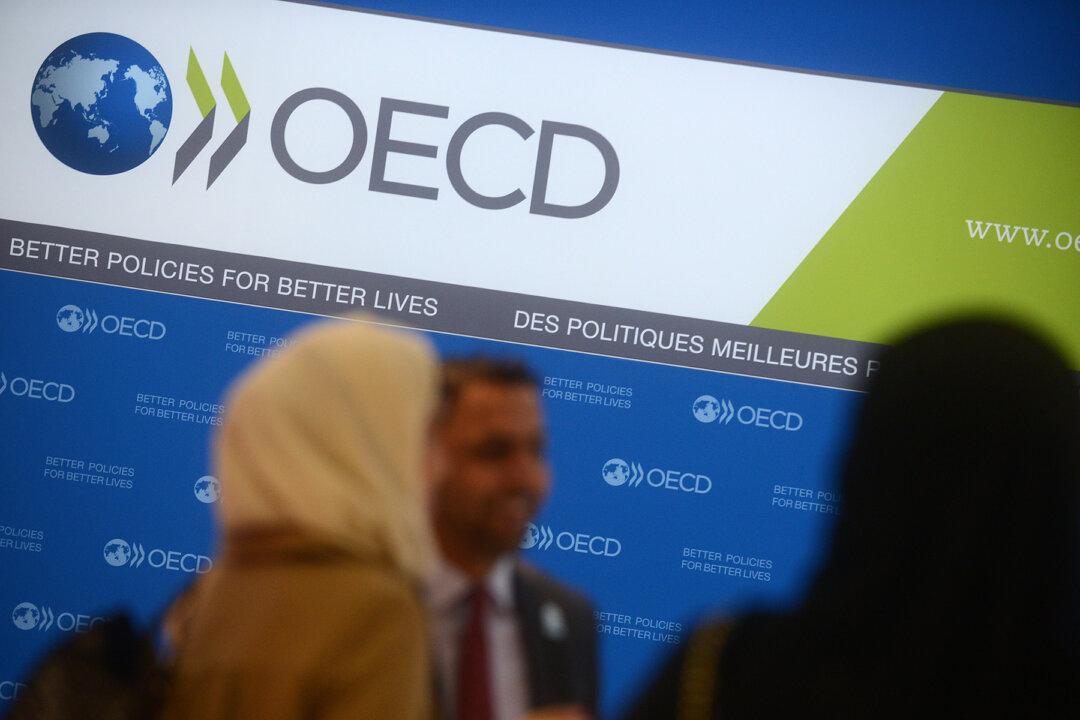Officials from 130 countries on June 1 agreed to establish a new framework for international tax reform, the Organisation for Economic Cooperation and Development (OECD) announced.
The two-pillar package would mean that multinational companies, including Big Tech, would be forced to pay a minimum 15 percent tax in each country they operate in, regardless of whether firms have a physical presence there.




